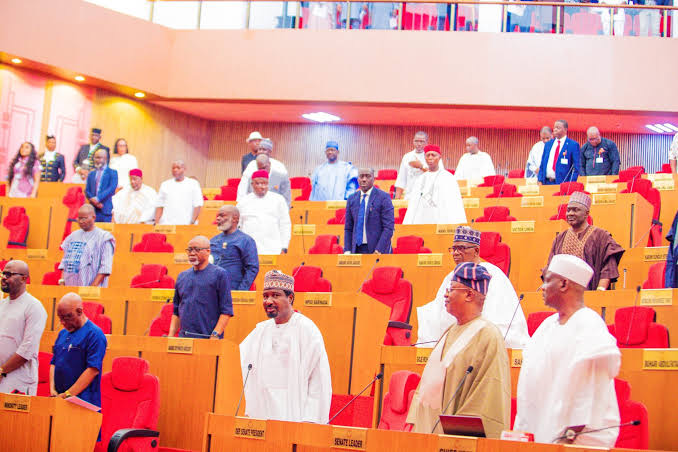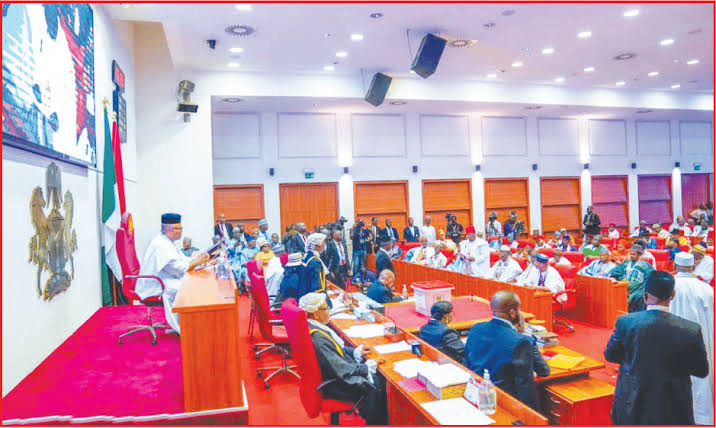In a significant step towards addressing regional demands for administrative autonomy and development, a proposed bill to establish Etiti State within the South-East geopolitical zone of Nigeria has successfully passed its first reading in the legislative chambers. The move marks a pivotal moment in the ongoing discourse on state creation and governance restructuring in the country.
The bill, tabled by lawmakers representing various constituencies within the South-East region, seeks to carve out Etiti State from existing geopolitical entities, aiming to better cater to the socio-economic and political aspirations of its inhabitants. Advocates of the bill argue that a new state will facilitate more focused governance, enhance local development initiatives, and ensure equitable distribution of resources.

The proposal to create Etiti State is rooted in historical grievances and the quest for political equity among Nigeria’s diverse ethnic groups. Supporters argue that the current administrative divisions do not adequately reflect the demographic and developmental realities of the South-East region. Proponents of the bill cite examples of other states created in the past, asserting that similar initiatives have proven beneficial in promoting grassroots development and improving governance efficiency.
The potential creation of Etiti State promises various socio-economic benefits for its prospective inhabitants. Advocates highlight enhanced infrastructure development, improved access to education and healthcare services, and increased job opportunities as potential outcomes of the state’s establishment. Moreover, proponents believe that a new state would stimulate local economies, attract investments, and empower communities to harness their natural and human resources more effectively.

Following its successful first reading, the bill will undergo further deliberation and scrutiny during subsequent readings and public hearings. Stakeholders, including political leaders, community representatives, and civil society organizations, are expected to engage actively in discussions to shape the final outcome of the legislative process. Public reception to the proposal has been mixed, reflecting divergent opinions on issues such as the allocation of resources, administrative feasibility, and the overall impact on regional development.
The advancement of the bill to create Etiti State represents a critical juncture in Nigeria’s quest for political and administrative restructuring. While proponents emphasize the potential benefits of enhanced local governance and socio-economic development, critics raise concerns about the feasibility and implications of creating new states amidst existing challenges. As the legislative process unfolds, the nation anticipates a thorough debate and eventual decision that will shape the socio-political landscape of the South-East region and Nigeria as a whole.




































